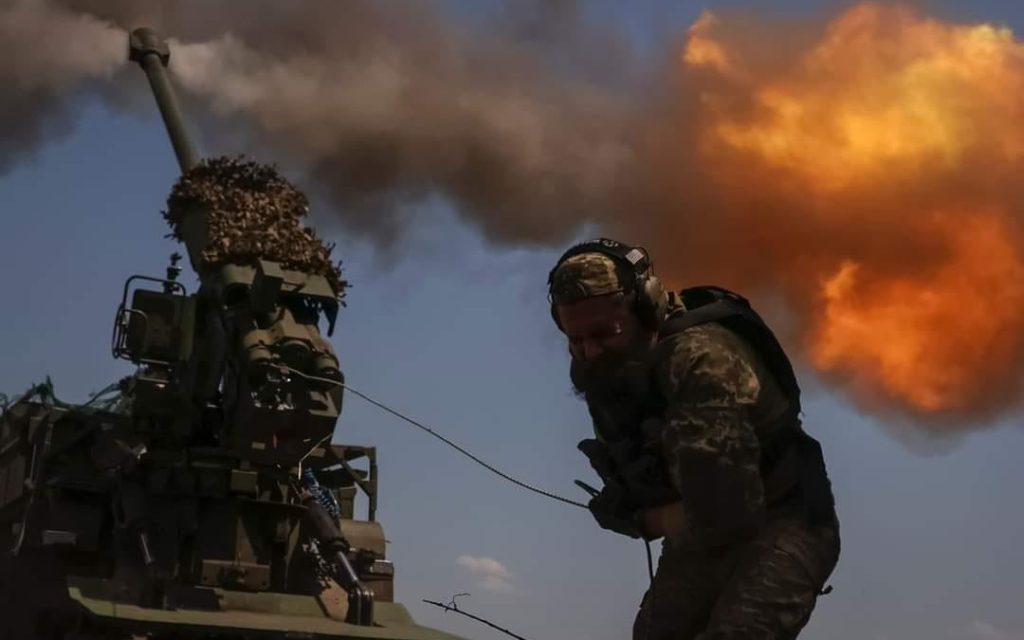Lawyer
Protecting children's rights in times of war: international and domestic aspects
During armed conflicts, children are one of the most vulnerable categories of the population. They face numerous threats, including physical violence, abduction, recruitment into armed groups, and loss of access to education and medical care. The protection of children's rights in times of war is an important part of international humanitarian law and national legislation. In this article, we will look at the main international and domestic aspects of child protection during armed conflict, as well as the role of legal advice and legal analysis of documents in this context.
International legal instruments
The international community has developed a number of legal instruments to protect the rights of children in armed conflict. Among them, the most important are:
The UN Convention on the Rights of the Child
The UN Convention on the Rights of the Child, adopted in 1989, is the main document defining the rights of children worldwide. It contains provisions that oblige state parties to take all appropriate measures to protect children from violence, exploitation and abuse during armed conflict.
Optional Protocol to the UN Convention on the Rights of the Child on the Involvement of Children in Armed Conflict
Adopted in 2000, this protocol establishes additional safeguards to protect children from involvement in armed forces and armed groups. It prohibits the recruitment of children under 18 years of age and requires states to ensure that persons under 18 do not take part in hostilities.
Geneva Conventions and Additional Protocols
The 1949 Geneva Conventions and their Additional Protocols contain provisions aimed at protecting civilians in armed conflict, including children. They prohibit attacks against civilians and establish the obligation to provide humanitarian assistance.
Rome Statute of the International Criminal Court
The Rome Statute, which established the International Criminal Court (ICC), defines the recruitment or use of children under 15 years of age in armed conflict as a war crime. The ICC has jurisdiction to prosecute those responsible for such crimes.
Domestic legal instruments
States are obliged to implement international standards for the protection of children's rights in their national legislation. Domestic legal instruments may include constitutional provisions, laws on the protection of children's rights and special regulations.
Constitutional provisions
Many states include provisions in their constitutions that guarantee the protection of children's rights. These provisions may include general principles of child protection as well as specific provisions prohibiting the use of children in armed conflict.
Laws on the protection of children's rights
National child protection laws define the state's responsibilities to ensure the safety and well-being of children. They may include provisions that prohibit the recruitment of children into armed forces, ensure access to education and health care, and provide for rehabilitation and social support mechanisms for children affected by conflict.
Special regulations
States may adopt special regulations related to the protection of children in armed conflict. These acts may include measures to evacuate children from danger zones, provide them with temporary housing and humanitarian assistance.
The role of legal aid counselling
Legal advice is an important tool for protecting children's rights during armed conflict. An online lawyer can provide qualified assistance in such matters as:
- Legal analysis of the situation: Assessment of the compliance of the actions of the state or armed groups with international standards for the protection of children's rights.
- Legal analysis of documents: Checking legislation and regulations for compliance with the state's international obligations.
- Written advice: Providing recommendations on how to protect children's rights in specific situations.
- Representation of interests: Protection of children's rights in judicial and administrative bodies, as well as before international bodies.
Legal review of documents, lawyer's consultation, verification of documents by a lawyer, lawyer online, legal opinion, legal opinion of a lawyer, legal analysis, lawyer in Ukraine, lawyer in Kyiv
Legal review of documents is an important step in ensuring the protection of children's rights during armed conflict. This includes:
- Analysis of evidence: The lawyer analyses all the evidence collected to determine its legitimacy and relevance.
- Preparation of legal documents: The lawyer prepares the necessary legal documents for the court proceedings.
- Consultation and preparation of the client: The lawyer advises children and their guardians on their rights and defence strategy.
International judicial mechanisms
Children affected by armed conflict can apply to international judicial institutions, such as the International Criminal Court and the European Court of Human Rights. These bodies have jurisdiction to hear cases of child rights violations and issue judgements obliging states to take measures to protect children.
The role of international organisations
International organisations such as the UN, UNICEF and the Red Cross play an important role in protecting children's rights during armed conflict. They provide humanitarian assistance, monitor the situation and promote the implementation of international standards in national legislation.
Conclusion.
The protection of children's rights during armed conflict is a complex and multifaceted area that requires careful adherence to international and national legal norms. International treaties, such as the UN Convention on the Rights of the Child and the Geneva Conventions, set out standards of protection that must be implemented in national legislation. Legal advice, legal analysis of documents and legal analysis of the situation are integral elements of the child protection process. In today's world, where technology plays an important role, online legal advice can provide quick and effective legal assistance in resolving complex legal issues related to the protection of children's rights during war.
Thus, legal advice and legal counselling are an integral part of ensuring the protection of children's rights during armed conflict. Legal review of documents and legal analysis of the situation help to minimise risks and ensure that actions comply with international law. It is important to seek professional advice to obtain quality legal assistance, which can be provided both in person and online.

































